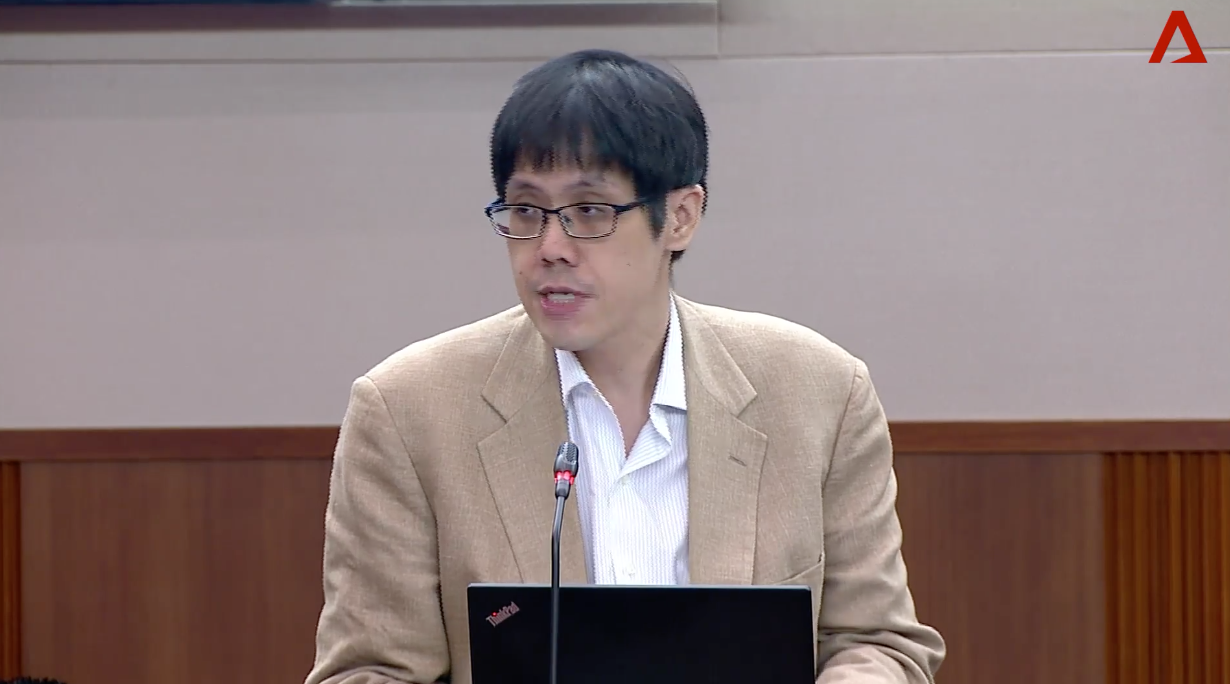The issue of income stratification in public housing in Singapore should be dealt with via alternative forms of ownership such as equity sharing and guaranteed subsidised resettlement on lease expiry in areas of high market value, said Nominated Member of Parliament Walter Theseira.
Speaking in Parliament on Wed (6 Mar), Prof Theseira, who also teaches Economics at the Singapore University of Social Sciences, argued that HDB ownership that is purely based on income level has become a hindrance in fostering integration among Singaporeans.
“I believe public housing should act as an integrator. Public housing must play a role in checking the forces of segregation that would otherwise put rich Singaporeans in the most desirable places and poor Singaporeans everywhere else,” said Prof Theseira, adding: “What is MND [the Ministry of National Development] doing to monitor income stratification in HDB housing?”
Income stratification refers to the income gap or inequality between the highest earners in a country and the rest of the population.
Prof Theseira posited that “large BTO discounts” from the Government “cannot solve this completely”, as such discounts only “give windfall gains to those who can already afford the high-end HDB flats”.
Illustrating the pattern of income stratification in HDB housing with reference to a slide, Prof Theseira told the House: “Let us compare the third lowest and the third highest HDB town by resale price.
“In 1990, mean resale prices for a four-room flat ranged from about S$60,000 to S$95,000.
“By 2018, the equivalent range was from S$340,000 to S$650,000,” he observed.
Prof Theseira went on to interpret the mean resale price ranges in the form of percentages, stating that the price increase in 1990 was “75 per cent to 120 per cent in 1990”, while the price increase last year was “80 percent to 150 per cent”.
“Similar figures hold for other types of flats,” he added, noting that “the same HDB towns are still popular” after almost three decades, given that “eight out of the top 10 HDB towns by price in 1990 were still in the top 10 in 2018”.
Prof Theseira attributed the price increase to “rising incomes and wealth among better-off Singaporeans” who seek the close proximity to the city centre and accessibility to amenities that such popular HDB towns offer.
Private development firms, he added, also play a role in the income stratification that permeates public housing in Singapore.
“When the first interchange at Yishun – where I live – was redeveloped, the HDB commercial centre there was demolished.
“The land was integrated into the private Northpoint City Development.
“When I wear my economist hat, I see why the private sector should maximise the value of that land … Otherwise, we would have to subsidise it heavily.
“But this is the heart of the problem. When the value is assigned by the market, it is those with the ability to pay who will get to live closer to MRT stations, closer to the city centre, closer to any amenity that people want,” said Prof Theseira.







